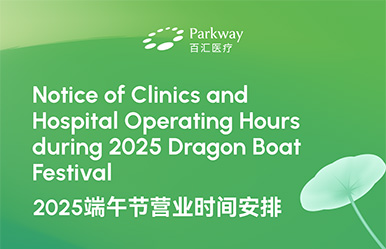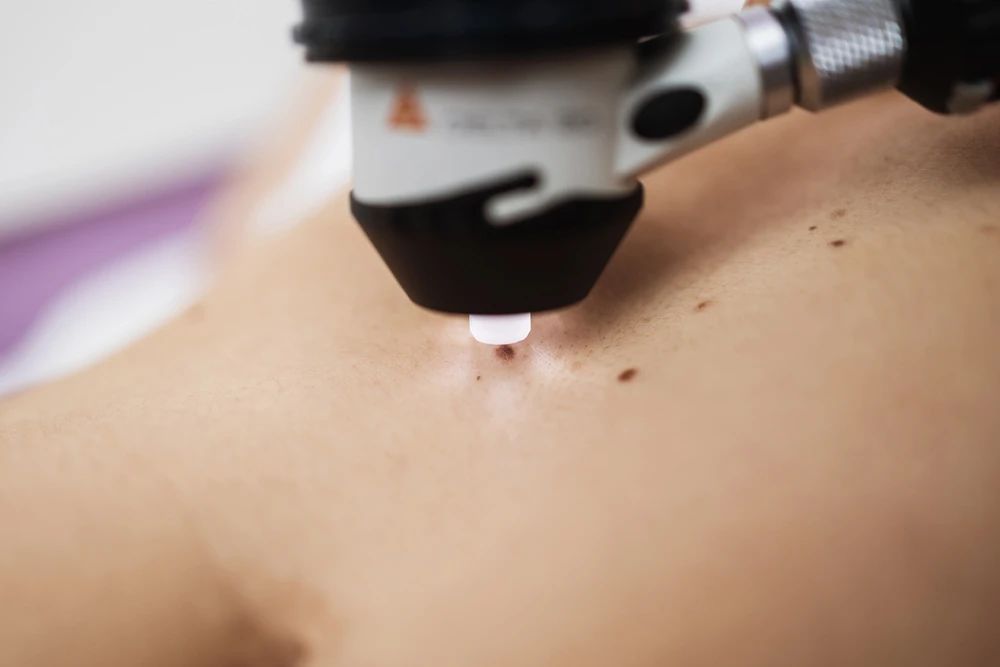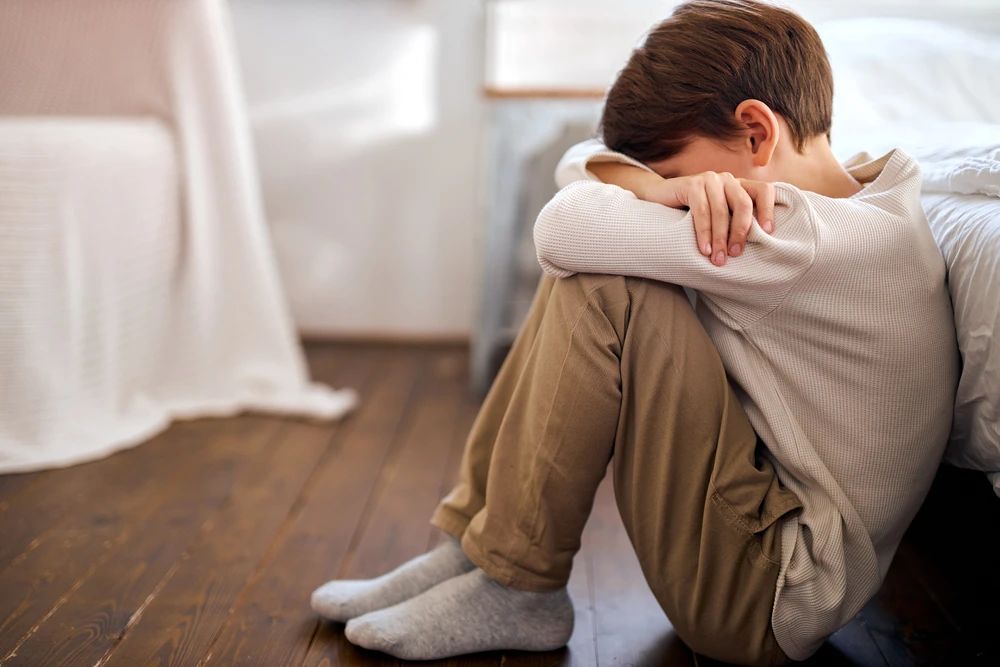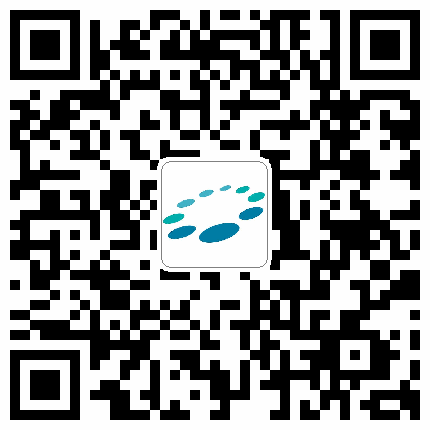How to Handle Medical Emergencies
2018-12-20

Knowing what constitutes an emergency, where to get help and what to do while you’re waiting for it can save a life. A medical emergency is anything causing physical distress to the patient and might place him or her at risk. Here are some recommendations from ParkwayHealth on how to handle medical emergencies:
BE PREPARED FOR AN EMERGENCY
1. First, remember that prevention remains the best cure.
Get routine medical and preventive care from a family doctor. Getting necessary immunizations and treating minor illnesses before they get serious and can minimize visits to the emergency department.
2. Learn how to recognize emergency warning signs.
Some warning signs of a medical emergency include (but are not limited to) difficulty breathing or shortness of breath, chest or upper abdominal pain or pressure, fainting, sudden dizziness, weakness or change in vision, confusion or change in mental status, sudden severe pain, bleeding that won’t stop, severe or persistent vomiting, coughing up or vomiting blood, suicidal or homicidal feelings.
3. Know where to get help.
In Shanghai, the emergency numbers you must know are:
It is a good idea to keep these numbers in a practical place, such as posted to your fridge, beside your home phone and in your mobile phone contacts.
In Shanghai, there is no Poison Control Center. Therefore, we advise that you always carry your country’s Poison Control Center number or the U.S.A number : +1-800-222-1222. Make sure that when you call, you have on hand the particular details of the poisonous substance so that the experts can provide you with the right instructions.
4. Have enough cash on hand.
Upon arrival to an emergency room in China you will be asked to make a deposit before you/the patient is checked-in. We recommend that you always have on hand an enveloppe with at least 20,000 RMB that you can take with you in a emergency situation.
IN AN EMERGENCY SITUATION
1. Get the patient to the closest emergency room.
Ambulances in Shanghai are run by the Shanghai Medical First Aid Center (also called the Shanghai Ambulance Center). Medical transport vehicles are based throughout the city and there is a 24-hour dispatch center. People using ambulance service must pay the driver in RMB cash upon arrival at the hospital. In general, you can request the ambulance to take you to a specific hospital. To call an ambulance, dial 120 and provide the call center your information. It is best to have someone who speaks Chinese with you.
Often times, taking a cab or getting your driver to take you to an E.R might be better than calling an ambulance, considering the time it takes an ambulance to arrive at your location and drive you to the Emergency Room.
2. Never move anyone who is unconscious or has struck their head or was injured in a car crash.
It is recommended to keep the victim still until help arrives unless he or she is in danger. In that case, wait for the ambulance to arrive to your location.
3. Learn what to do until help arrives.
First Aid skills are important especially when dealing with children. Knowledge of CPR, what to do when someone is chocking, or how to manage shock or handle fractures until emergency help arrives is very valuable. Consider First Aid training for your Ayi, Driver and yourself.
4. When treating burns, just add cold water.
Don’t use ice or butter or petroleum jelly or tooth paste. If burns blister, are large or deep, get immediate medical help.
For more information about ParkwayHealth or to make an appointment, please contact our 24-hour Appointment Service Center at 400.819.6622.





























